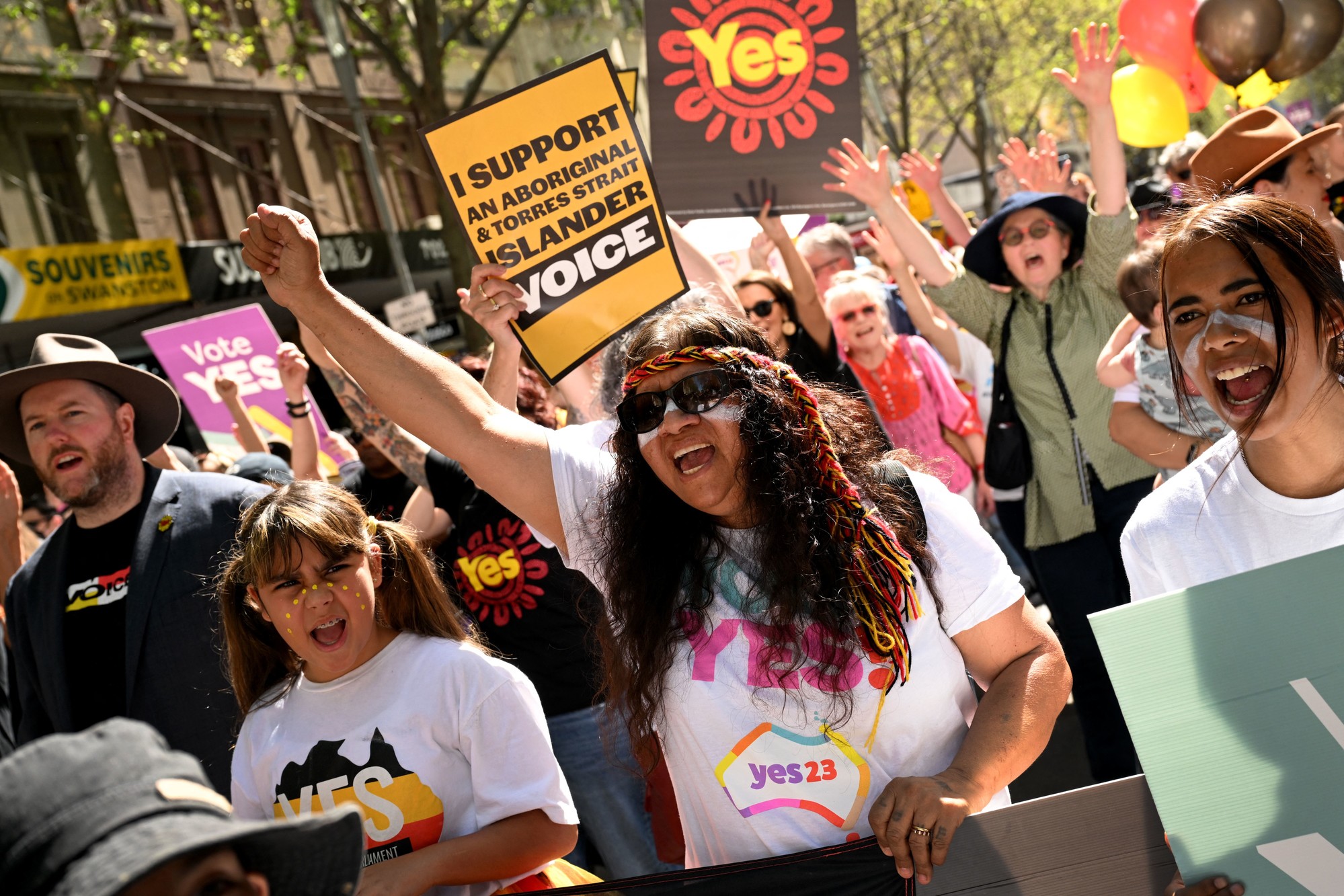Anders dagegen die Situation der albanischen Minderheit in Serbien:
„ Ethnic Albanians were subject to discrimination and disproportionate unemployment. Ethnic Albanian leaders in Serbia alleged the government disproportionately subjected ethnic Albanians to “passivization” to reduce the official number of ethnic Albanians living in Serbia. Article 18 of the Law on Residence of Citizens in Serbia permits the Ministry of Interior to remove individuals from the civil registry (i.e., “passivize” them) if the ministry determines they are not currently living at their registered address. Police routinely make this determination through spontaneous home visits. Though often conducted during business hours, one visit where the individual is not present is sufficient to determine nonresidency at the address. According to a 2021 report by the Helsinki Committee for Human Rights in Serbia, the government’s disproportionate application of this law targeting Albanians amounted to “ethnic cleansing through administrative means.” The report noted passivized individuals cannot renew their expired identity card or passport, without which they were unable to register a car, access health-care or social services (including pensions), buy or sell property, or vote in local or general elections. Many passivized individuals report not being notified of their passivization and most learned they were passivized long after the fact when attempting to renew their identity documents. The European Parliament’s July 6 resolution on the 2021 Commission Report on Serbia called “for independent and thorough investigations into these allegations and on the Serbian authorities to cease all discriminatory practices and targeting [of ethnic minorities].”
According to independent institutions, NGOs, and experts, hate speech and discriminatory language were routinely used by media, public personalities, politicians, sport fans, and social media users against minority communities, and applicable laws were not adequately implemented. Security Intelligence Agency Director Aleksandar Vulin continued to publicly use a pejorative term for Albanians in his former role as minister of interior; in June, several NGOs condemned Vulin’s hate speech and called on the government to denounce it. The government did not do so.
Ethnic Albanian leaders in the southern municipalities of Presevo, Medvedja, and Bujanovac along with Bosniaks in the southwestern region of Sandzak continued to express concern about underrepresentation of their communities in state institutions at the local level. Ethnic Albanians alleged discrimination in employment and hiring in both public and private institutions continued. During the national census conducted in October, ethnic Albanians in Medvedja recorded cases of undercounting, refusal to allow enumeration in the Albanian language as required, and discrimination by non-Albanian enumerators. Representatives of the Romani community also alleged discrimination in the conduct of the census, saying enumerators did not enter all informal Romani settlements and failed to ask many Romani respondents if they wished to report their ethnicity.“


